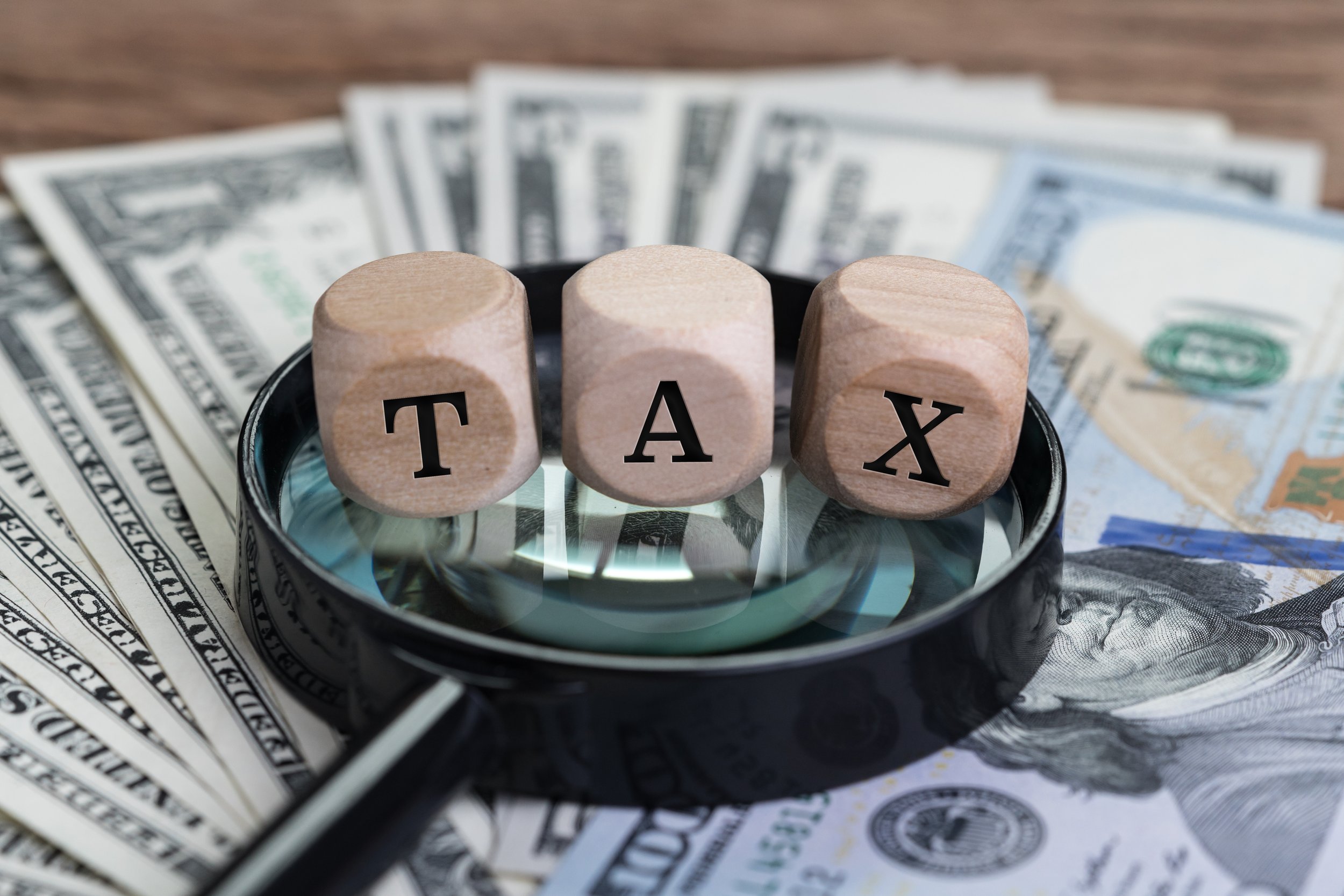This year, Oxfam America and co-filers have filed a series of new tax transparency proposals at extractive industry giants ExxonMobil, Chevron and ConocoPhillips, requesting that the companies disclose country-by-country financial information in line with Global Reporting Initiative (GRI) standards. This disclosure would reveal key insights for investors seeking to evaluate a company’s risk profile, including information surrounding revenues, profits, losses and tax payments. The dangers that tax secrecy pose to shareholders are beginning to emerge: Scathing media critiques, expensive legal battles and a rapidly changing regulatory landscape render continued tax avoidance a serious risk for long-term investors.
Shareholders’ inability to assess the risks associated with tax dodging is growing into a particularly pernicious issue. Recent repercussions of the companies’ questionable tax dealings include:
Chevron
Faces a $654 million tax bill following a successful lawsuit filed by the Australian Tax Authority;
An OECD Guidelines for Multinational Enterprises complaint accuses Chevron of “massive” tax avoidance via Netherlands corporate shell games;
ExxonMobil
Was dubbed the “poster boy for tax dodging” after years of zero corporate tax paid to Australia;
A U.S. Court rejected Exxon’s attempts to claim a $1.3 billion tax refund related to its operations in Malaysia and Qatar;
Public protests over Exxon’s paltry fiscal contribution to Papua New Guinea led to a significantly higher government take of revenues from Exxon’s operations;
ConocoPhillips
Settled an estimated $179 million tax bill with Vietnam in 2020; and
Faced increases in tax liabilities after Norwegian courts ruled industry peer Exxon engaged in illicit tax practices.
These public relations and legal fiascos are coming to the fore as ExxonMobil, Chevron and ConocoPhillips lag their industry peers. Extractive competitors increasingly recognize the value of tax disclosures. Shell, BP, Total, Repsol, Newmont, Hess and others have committed to country-by-country reporting in line with GRI standards, acknowledging a growing demand from investors for this information. An assessment from the Extractive Industry Transparency Initiative (EITI) also made clear that Exxon, Chevron and ConocoPhillips are outliers in failing to meet the industry expectations of disclosure of payments to governments, a critical anticorruption measure. Keeping pace with peer companies would help head off public critiques and lawsuits alike.
Finally, Chevron, ConocoPhillips and ExxonMobil’s continued concealment of disaggregated financial information from investors becomes even less defensible in light of the uptick in global regulatory efforts to clamp down on tax avoidance. Last December, European Union member states agreed to an effective 15 percent minimum corporate tax rate that would apply on a country-by-country basis, regardless of a corporation’s headquarters. This follows on the heels of 2021’s OECD tax framework, agreed upon by 137 countries, which aims to ensure that companies pay their fair share of taxes in every jurisdiction where they operate. Without tax transparency, investors risk being caught by surprise by the major impact these tax reforms have on the profitability of companies that avoid taxes.
Diana Kearney
Senior Legal and Shareholder Advocacy Advisor, Oxfam America
Tim Hirschel-Burns
Legal Fellow, Oxfam America



